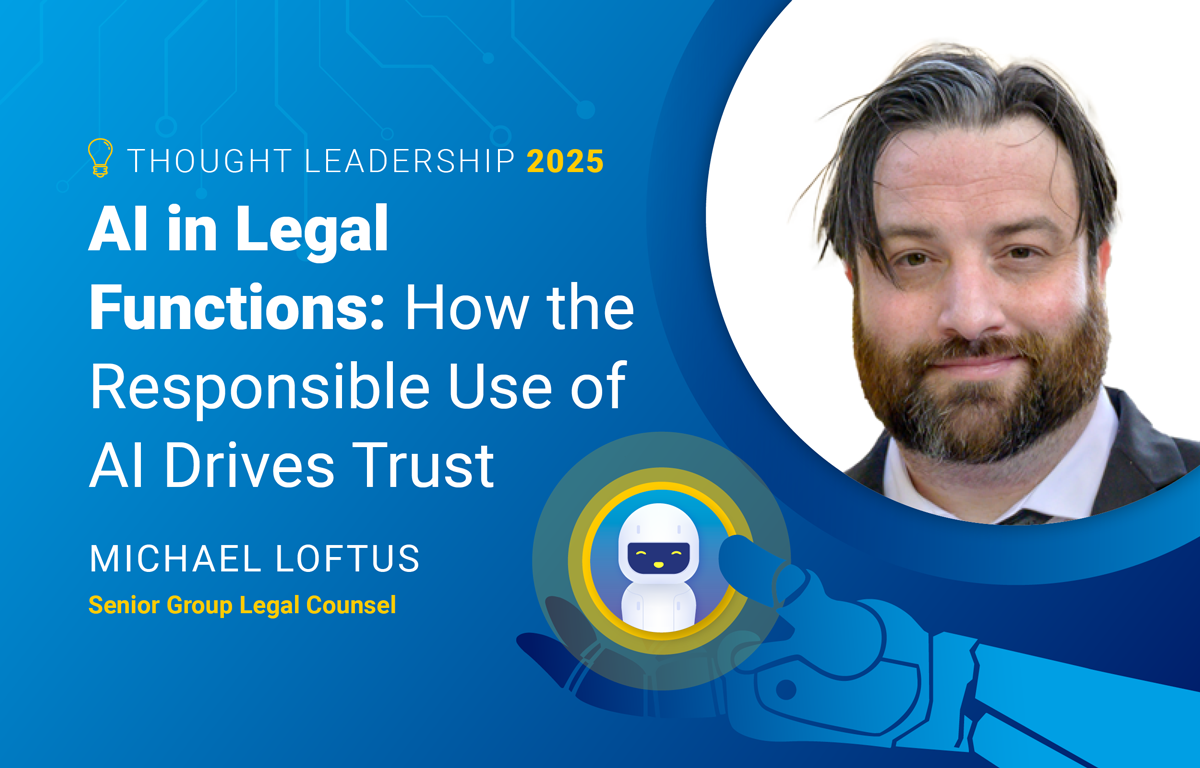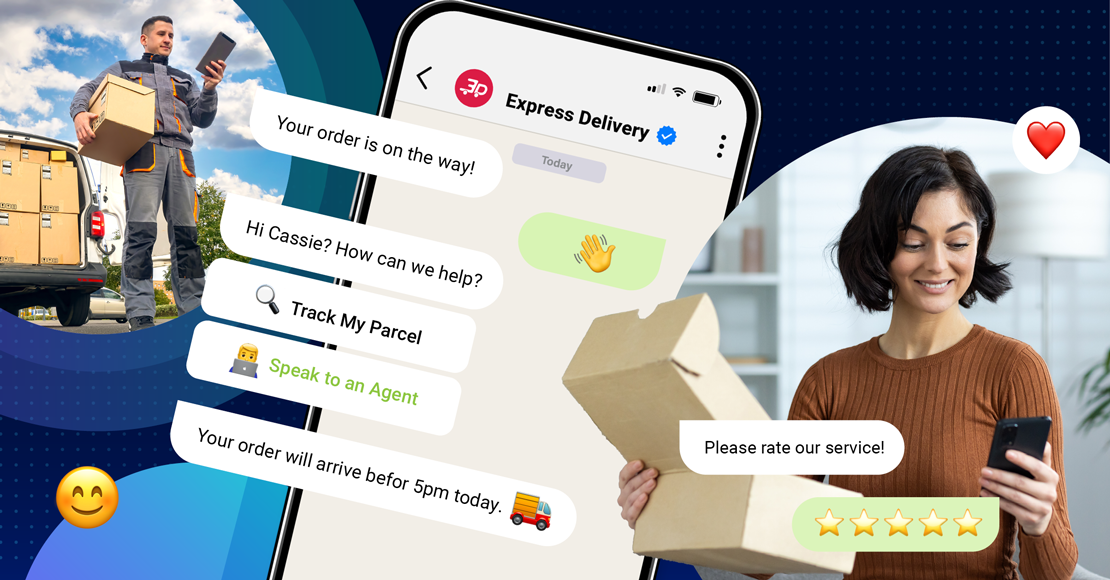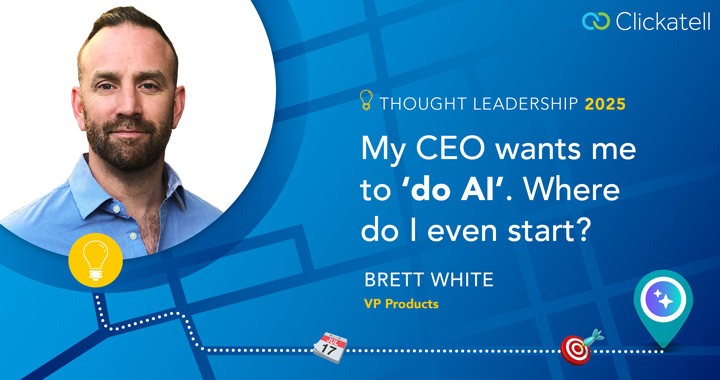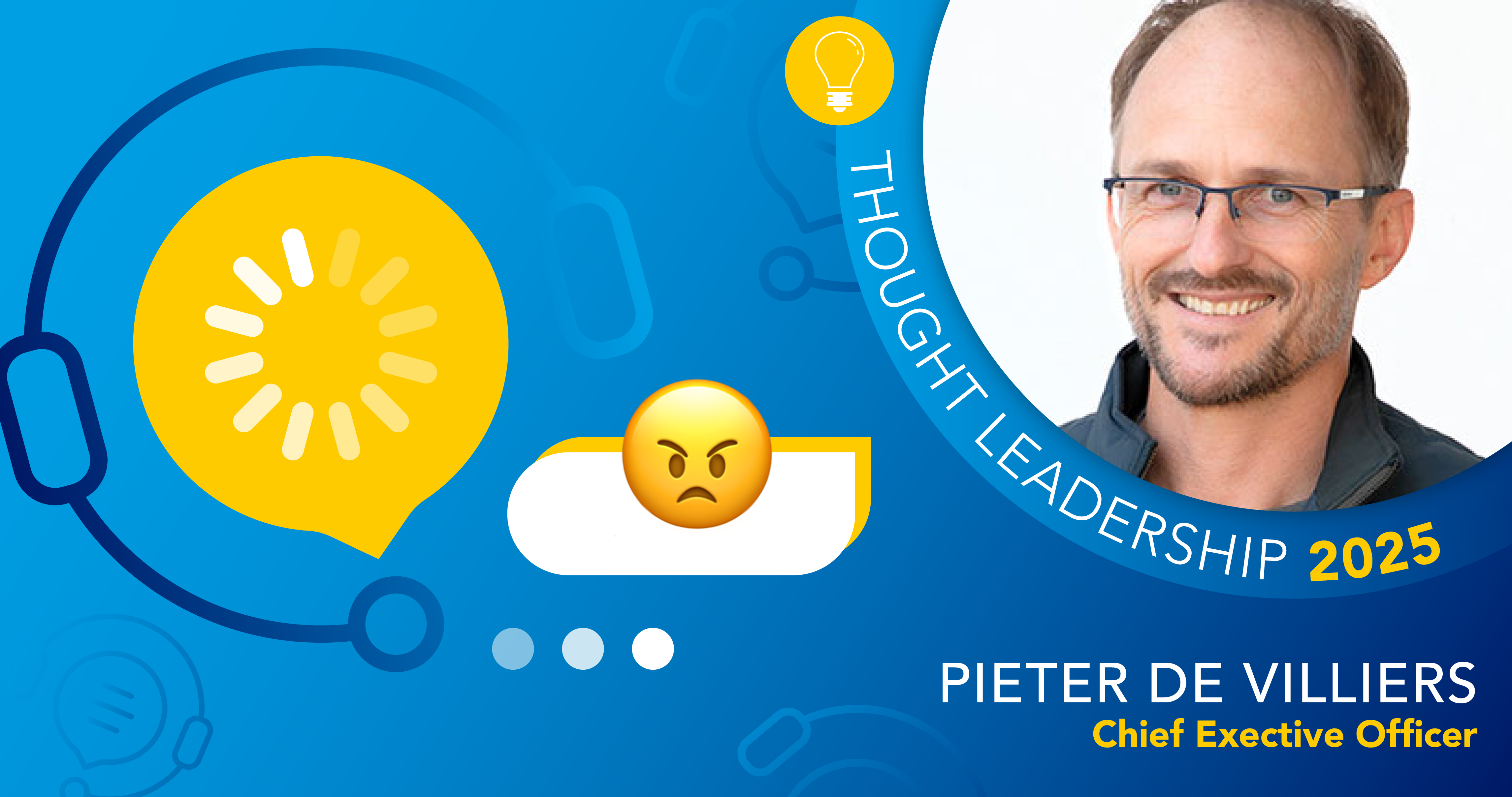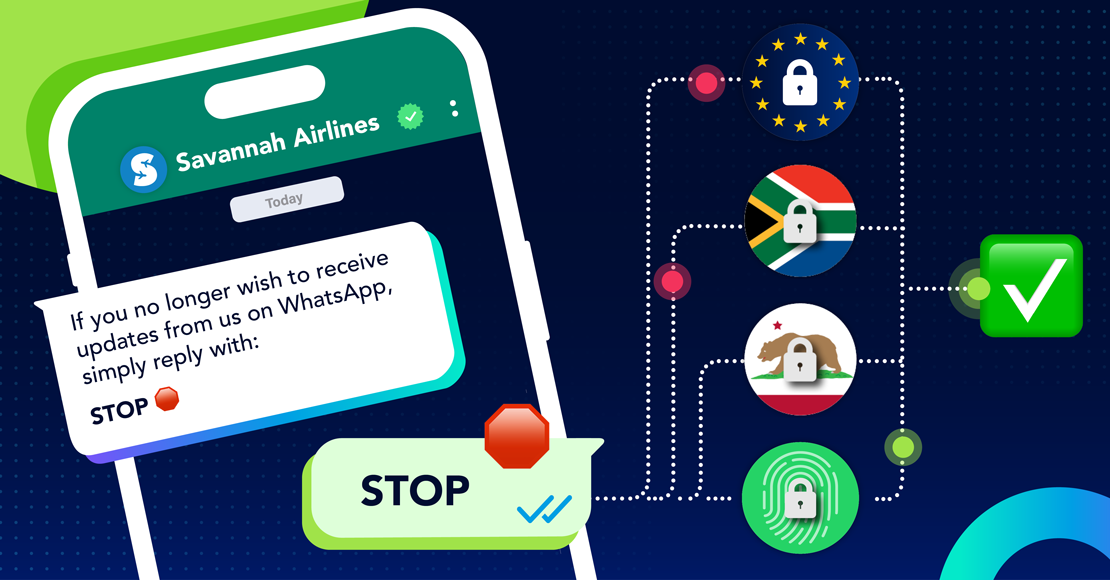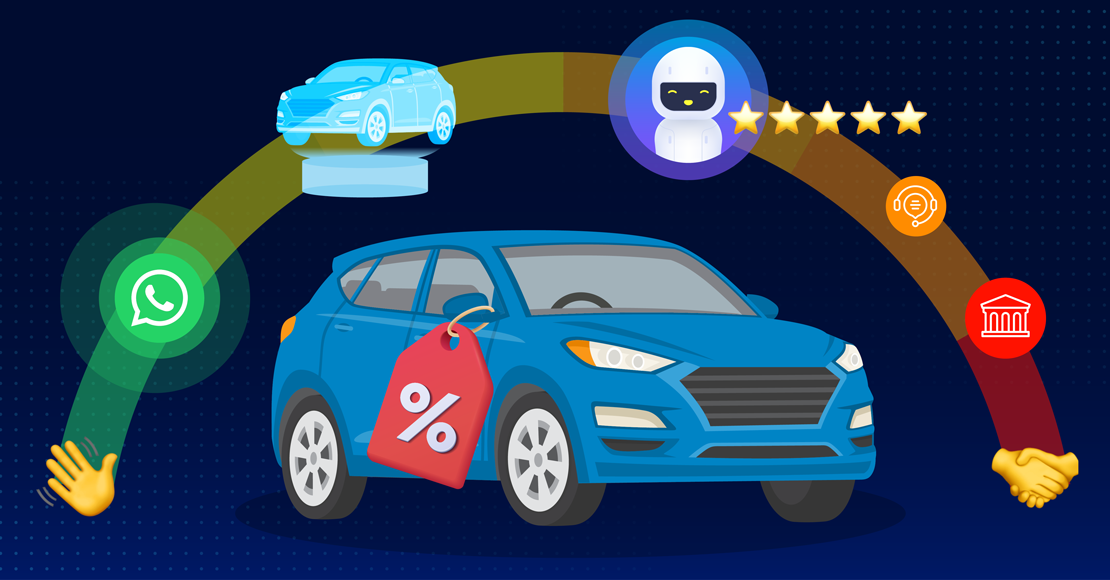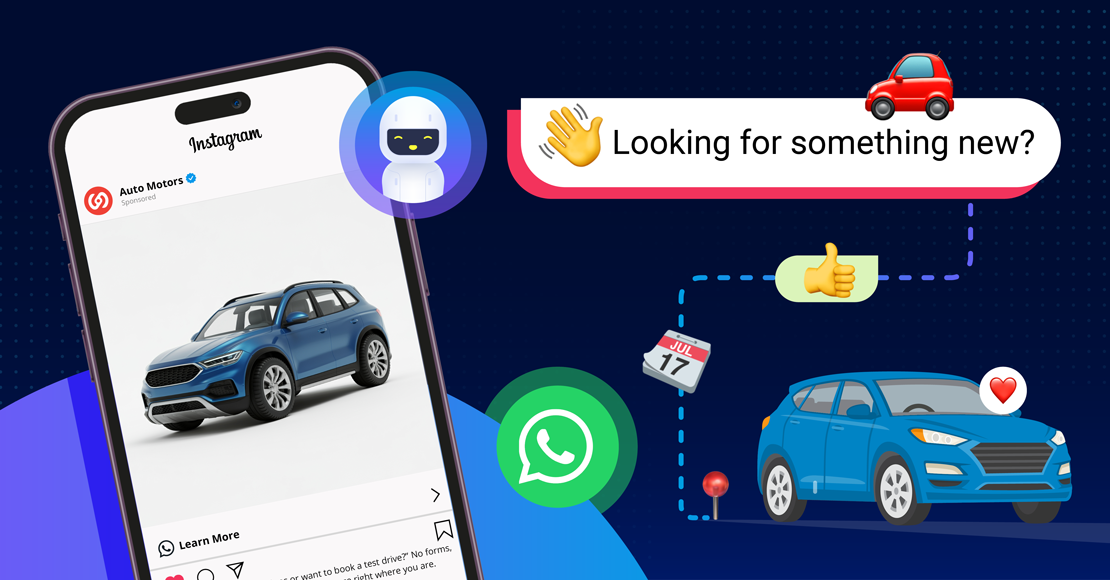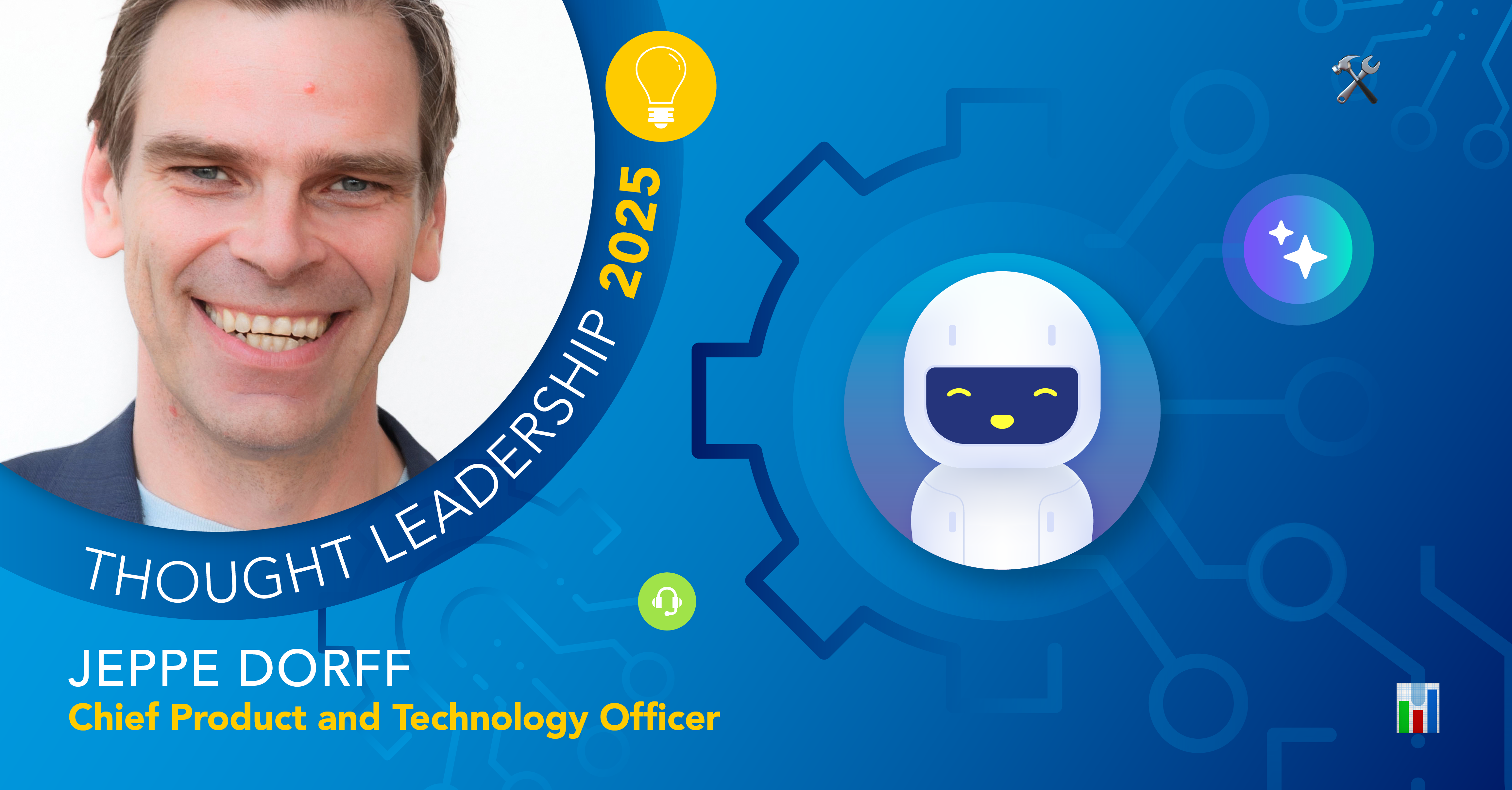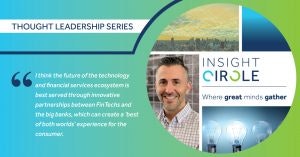
How can the digital economy help consumers to help themselves? How can populations who have been neglected by old banking models become empowered and integrated into the digital economy? Our most recent guest, Corby Fine, Vice President of Digital at goeasy, whose easyfinancial and easyhome businesses leverage digital technologies to empower people to rebuild their credit, had some extremely insightful perspectives on these questions.
Key Career Experiences
We asked Corby about key lessons during his career before joining goeasy. He described insights he gained on the power of helping consumers ‘self-serve’: “I joined a large Canadian bank, CIBC, three years ago (in 2017). The mandate at the time was to drive a fairly substantial growth in self-service transactions and self-service adoption. When I joined the bank, the percentage of revenue generating transactions via self-service was relatively low. They asked me to double this in three years. At the end of one year, we had blown through the three-year targets, reaching around three times the number at the end of that first year. What I learned from this experience was there's a pent up demand for consumers to be able to do things by themselves. In this digital economy, there’s a dichotomy between the legacy businesses that haven't yet let go of the traditional channels of interaction with their customer base, and those that are digital from the ground up (e.g. Uber). Could you imagine your telco, utility company or bank waking up one morning and saying: “Hey millions of customers, we're shutting down the phone numbers, you can't call us anymore!” Think of the chaos that would ensue. But have you ever had to call someone about an Uber, Lyft, or Airbnb? You can't even find a phone number on the website, and yet the consumer audience is completely okay with it! I believe the consumer demand in a digital economy for self-serve capabilities - buying things and transacting ecommerce on their own - is potentially much bigger than what we've thought. The main reason it hasn't gone as far and fast as it could have is mostly because of the inability of large traditional organizations to invest and change fast enough to allow customers to serve themselves.”
Corby described self-service in two categories, inquiries and transactions: “Inquiries are things like people asking: what's the current interest rate? You'd be amazed how many people will call to just ask what the current rate is on a deposit account or a mortgage instead of looking it up or asking Google! That's a huge volume of what most organizations have to do to support these customers, and they get no value out of it! The second category are actual transactions, like paying bills, changing your name and address, locking down your card because you misplaced it somewhere, etc. These kinds of things are also service-oriented, not necessarily sales-oriented, and they cost millions of dollars for organizations but don't really generate new revenue.”
Key Mentors
We also asked Corby about key mentors in his career:
Wendy Cukier: “She was my professor and is currently at Ryerson in Toronto. She taught me key lessons about communication and helping people. She is a great human being and speaks her mind frankly and is very transparent about a lot of topics.”
Jason Tafler: “He is currently the CEO of Unyte. He was formerly Chief Digital Officer at Rogers Communications where I worked with him. He taught me not to make assumptions about people until you’ve had a chance to observe them for yourself. He saw potential in me that perhaps others hadn’t and helped me grow a lot in my career.”
Aayaz Pira: “He was SVP and Head of Digital for Canadian Imperial Bank of Commerce (CIBC). An important lesson he taught me was that you don’t need to go to work every day and have everybody like you, but you should have people respect you. This is an important distinction, because you can spend a lot of time trying to get people to like you and not get much done because you are focusing on personalities. However, when people respect you, you can have frank conversations and, whatever the outcome, the fact that you respect each other ensures nothing gets taken personally and you can keep working together. Aayaz helped me understand the importance of seeing the impact of the many things that will compete for your time and attention, and being able to say no to those that aren't worth investing your time.”
goeasy
We asked Corby to describe the business model of his current company, goeasy: “goeasy has two primary businesses: easyfinancial and easyhome. easyhome is a lease-to-own business that allows people to buy furniture, appliances and electronics on a lease agreement. This allows them to take home items they otherwise might not be able to afford right away. But the real beauty is that the lease payments are reported to the credit bureau so they're actually able to build their credit! Our offers business, easyfinancial, offers secured and unsecured loans, again with the goal of helping their customers build their credit profile as they repay. The target audience for both these lines of business are everyday Canadians with non-prime credit who traditional banks aren’t able to help, especially at a time like this where there's a credit crunch on the big institutions.”
Corby described how understanding their customer base and having a ‘purpose driven organization’ enables goeasy to serve customers that the traditional banks don’t: “When we build our business around this customer base, everything we do is targeted to understanding their situation. We have really good data analytics and modeling to predict the risk profile of the customer. Whereas a bank will just look at a single number like a credit score, we take a look at the entire profile of the customer and make decisions on a broader data model. This mindset shift impacts how we use content education, advice, credit monitoring services, etc, and how we design the experience to be a full service organization that just happens to have a really good loan product for the customer as well.”
Financial Services in the Next Five Years
We asked Corby how he sees Financial Services evolving in the next five years: “If you look back at the last two to three years, there was a ton of investment in niche FinTech business models. However, the challenge is, what's it going to take for you as a consumer to really change your primary relationship with the bank that you probably opened your first account with as a kid? You have trust, you have experience, you may even know your account number off by heart, this is your livelihood! So I don't think the financial services industry will be as disrupted as other industries. I think the fundamental element of trust will need to stay with the primary banks that you have had a long relationship with. However, what banks don't do well is adapt and implement new digital experiences quickly. So it's easier for them to partner with the FinTechs and give them access to the one thing they don't have - a massive reach of consumer audiences! The FinTechs don't have the legacy customer base or the marketing dollars to go out and acquire millions of customers, which is very expensive! I think the future of the technology and financial services ecosystem is best served through innovative partnerships between FinTechs and the big banks, which can create a ‘best of both worlds’ experience for the consumer.”
We also asked about key technology areas that will impact the industry: “I think every financial services organization is looking for verification and authentication technologies - how do you actually prove someone is who they say they are? In addition, any technology that allows for faster decisions on complex questions is key because the customer or prospect may be applying at four or five other places, and sometimes it's whoever answers first who gets their business. I think that cloud-based processing that makes the experience efficient and fast is going to be critical. Marketing technologies are also key: how do you find ways to use content and digital platforms to put information in front of people who will ultimately be the right kind of customer to stimulate their thinking before they make themselves available to your competitors? The marketing technology stack, like marketing automation and content delivery, is a big opportunity for financial services firms to differentiate their services.”
Recommended Resources
We asked Corby about resources he uses to keep updated: “I follow the deal flow in the market, I look at AngelList and Crunchbase to see what kind of organizations are raising money. I find that looking where the VCs and investors are putting their dollars tends to be a good predictor of where the innovation will come from. I'm a big fan of Adobe which puts out a lot of good free content that helps people understand digital transformation. I listen to a number of podcasts and I also started my own podcast, Fine Tune, about three months ago. I interview people who are in marketing and technology leadership roles about some of the challenges they face and how they're helping their own business. I find it's a great way to keep myself updated while at the same time helping others.”
We hope you enjoyed reading Corby’s insights on how the digital economy can empower consumers, both those currently served and underserved by the traditional banks. Do you have other examples of how this can occur? Please share in the comments!
Step into the future of business messaging.
SMS and two-way channels, automation, call center integration, payments - do it all with Clickatell's Chat Commerce platform.

